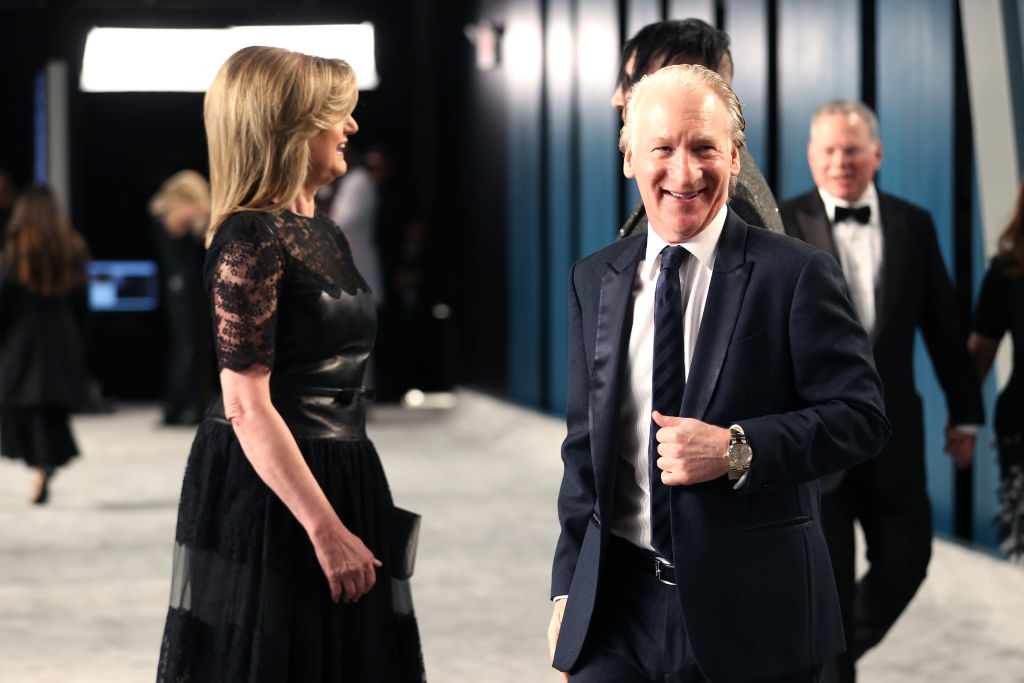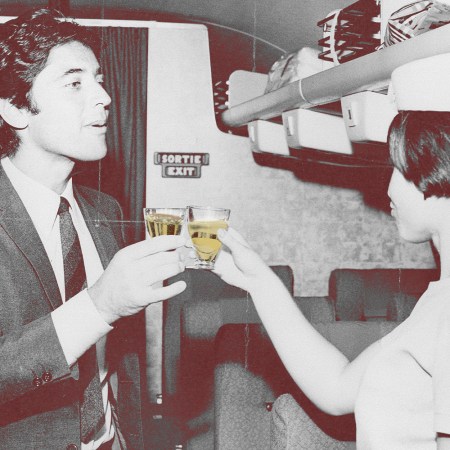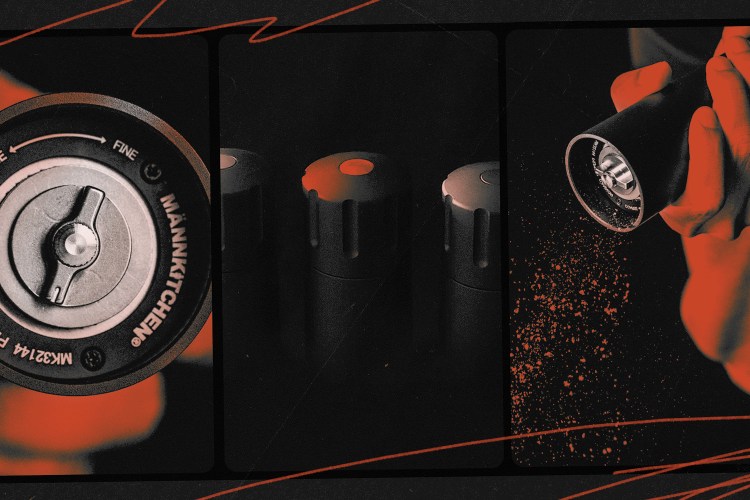Since Donald Trump left office, Bill Maher has found a new primary target for his ire and a significant portion of the running time of new episodes of Real Time With Bill Maher — namely, the “woke.” A recent Tweet from Maher featured the hashatgs #BureauOfWokeness and #Wokeatraz, and his arguments about progressive overreach have been a regular feature this year — including a recent segment about Matt Damon.
When Maher is hosting his show, he isn’t really getting into the philosophical underpinnings of his humor — which is understandable, as an episode of Real Time where Maher explained the reasoning behind every punchline would play out more like performance art than anything else. But in an in-depth interview with Sean Illing for the podcast Vox Conversations, Maher offered more details on where he was coming from.
It’s worth mentioning from the outset that Maher clarified that he’s far more concerned about the illiberal right than anything else. “The right is playing with a kind of fire that even they haven’t played with before,” he said. His concerns over “wokeness” and how it’s perceived come from a more pragmatic place, he argued — specifically, he’s concerned that it could turn off moderate voters and lead to the right making more gains.
Where, for Maher, does wokeness come from? “Woke, to me, is an offshoot of liberalism that bastardized liberalism. The way, sometimes, that happens with sects in religions,” Maher said. He went on to argue that wokeness “inverts liberalism in so many ways. Liberalism, for example, was about achieving a color-blind society. Wokeness seems to be about always seeing race everywhere.”
Some of that, he puts forth, comes from the way younger generations were raised. “Those kids, who grew up spoiled and entitled and coddled — they can’t stand one second of something being uncomfortable,” he said. “This is where you get trigger warnings and stuff like that.”
He also mentioned that he doesn’t spend much time on social media these days. “Anything I would want to say on Twitter, I can’t say on Twitter. So what’s the point of it?” he told Illing.
As for his issues with that, he explained those as well. “You wind up with this world where everyone is like the press spokesperson for the President — watching every word so carefully, walking on eggshells,” he said. “No wonder why people turn against Democratic politicians who don’t stand up against that.”
Maher’s comments are unlikely to win him new converts, but it does make for a fascinating look at his line of thinking. Whether you agree with where he’s coming from is another story.
Thanks for reading InsideHook. Sign up for our daily newsletter and be in the know.


















